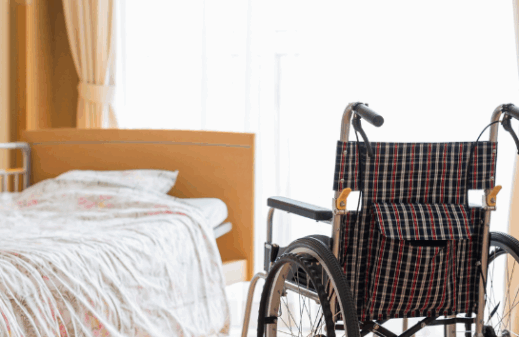Dementia is a biological brain disorder that impacts memory, cognitive thinking, communication skills, and makes it difficult for individuals to care for themselves. Families often look to expert caregivers like you for direction, and they trust you to care for their loved ones when they cannot. As a caregiver, you understand the heartache that comes with caring for Dementia residents.
Since every experience is different, it can be difficult to break through the dementia barriers when connecting with residents. Dementia causes anger, memory loss, confusion, and eventually impacts their ability to talk and walk. They key to caring for Dementia residents is understanding. Residents who have dementia don’t try to be difficult; it is out of their control. They usually feel scared and lonely during their progression.
Here are ten strategies to use when caring for residents with Dementia.
- Stop over explaining. Residents in advanced stages of dementia can’t comprehend long explanations or that you are trying to reason with them. This technique often backfires by causing individuals to become angrier with you and the situation.
- Validate their feelings. Make sure the resident knows that you care and are there to help them. Even if their request or actions are wrong, tell them you understand so they know they can trust you.
- Redirection. One of the common situations you face is the resident’s loss of memory. That can cause them to declare they want to go home. Instead of trying to tell them they are home, redirect them to something you know they enjoy. Ask if they want to go for a walk or play a game to avoid anger and frustration.
- Be objective. Think before you react to their choices. Are their actions harmful to themselves or others in your care? If not, then it might be okay to let these situations go without correcting the resident.
- Identify patterns. After you manage a disruptive situation, take a moment to analyze what caused it. What was the resident doing right before the incident? What time of day is it? Were they introduced to something new? Documenting these answers helps you identify patterns over time and create a better resident care plan.
- Encourage families to visit. Make sure residents’ families know they are always welcomed. Sometimes the familiar faces can increase a Dementia resident’s happiness. Without frequent visits, they tend to stay depressed and get angry more often.
- Don’t take away their freedom too quickly. Once a resident starts to lose their cognitive ability, it is tempting to take away their freedom to do things on their own. Taking away freedom too quickly can be scary and anger the individual. Give them a chance to do things on their own and step in when they start to show frustration.
- Don’t ask questions. Asking Dementia residents what they want to do next gives them a chance to say “nothing” because they don’t know what to say. Then you have to convince them to take part in an activity or eat with the other residents. By telling them what to expect next, you encourage them to participate.
- Accept that you are not perfect. Situations will occur that leave you feeling frustrated and defeated. No caregiver is perfect. Accepting that means you can feel better about what you did accomplish. That leads to a more positive outlook the rest of the day- which your residents can see.
- Educate the rest of your team. Make sure all of your team has the education they need to care for residents with dementia properly. There are online resources available and local hospitals may even offer educational sessions.



